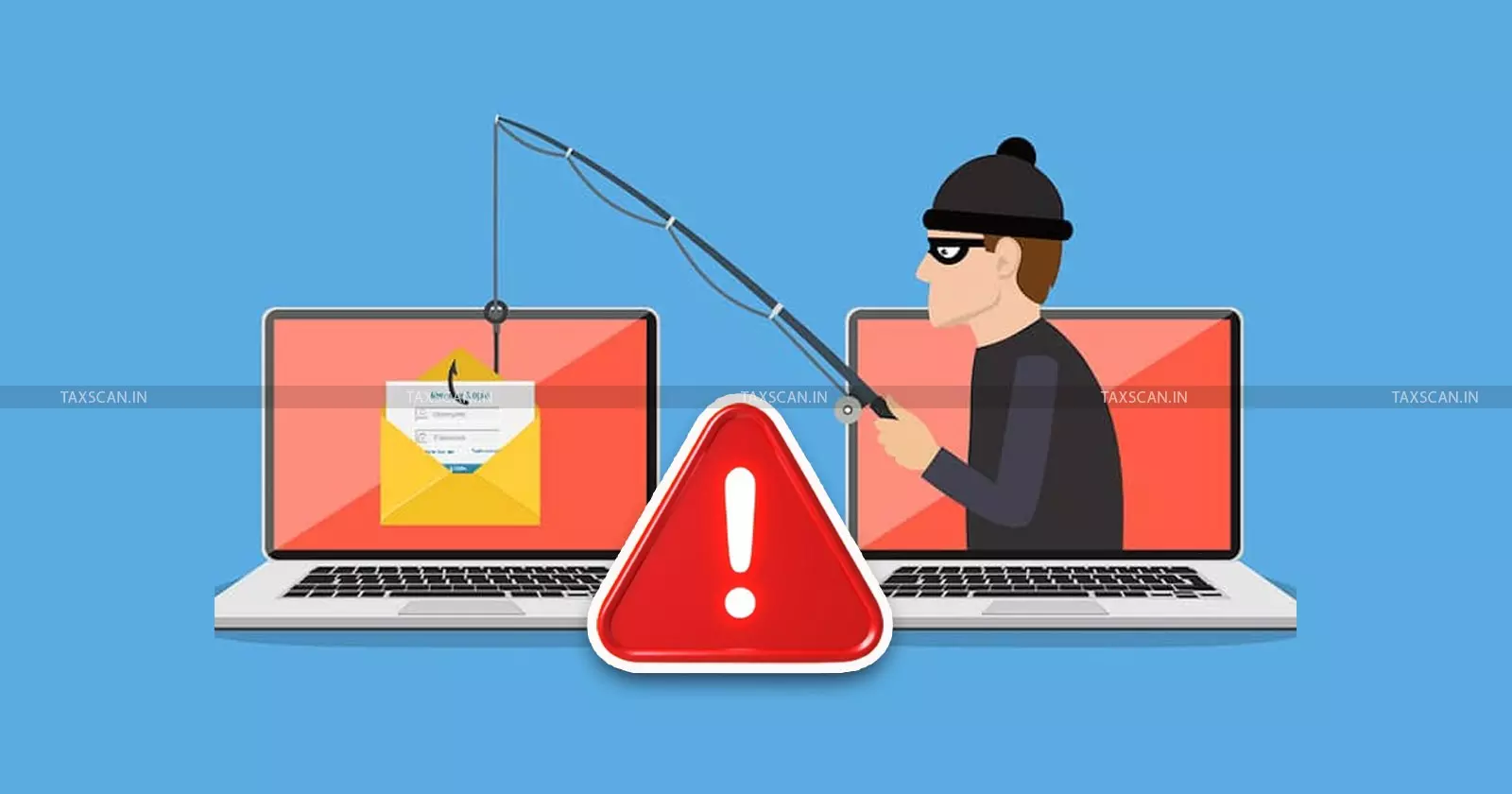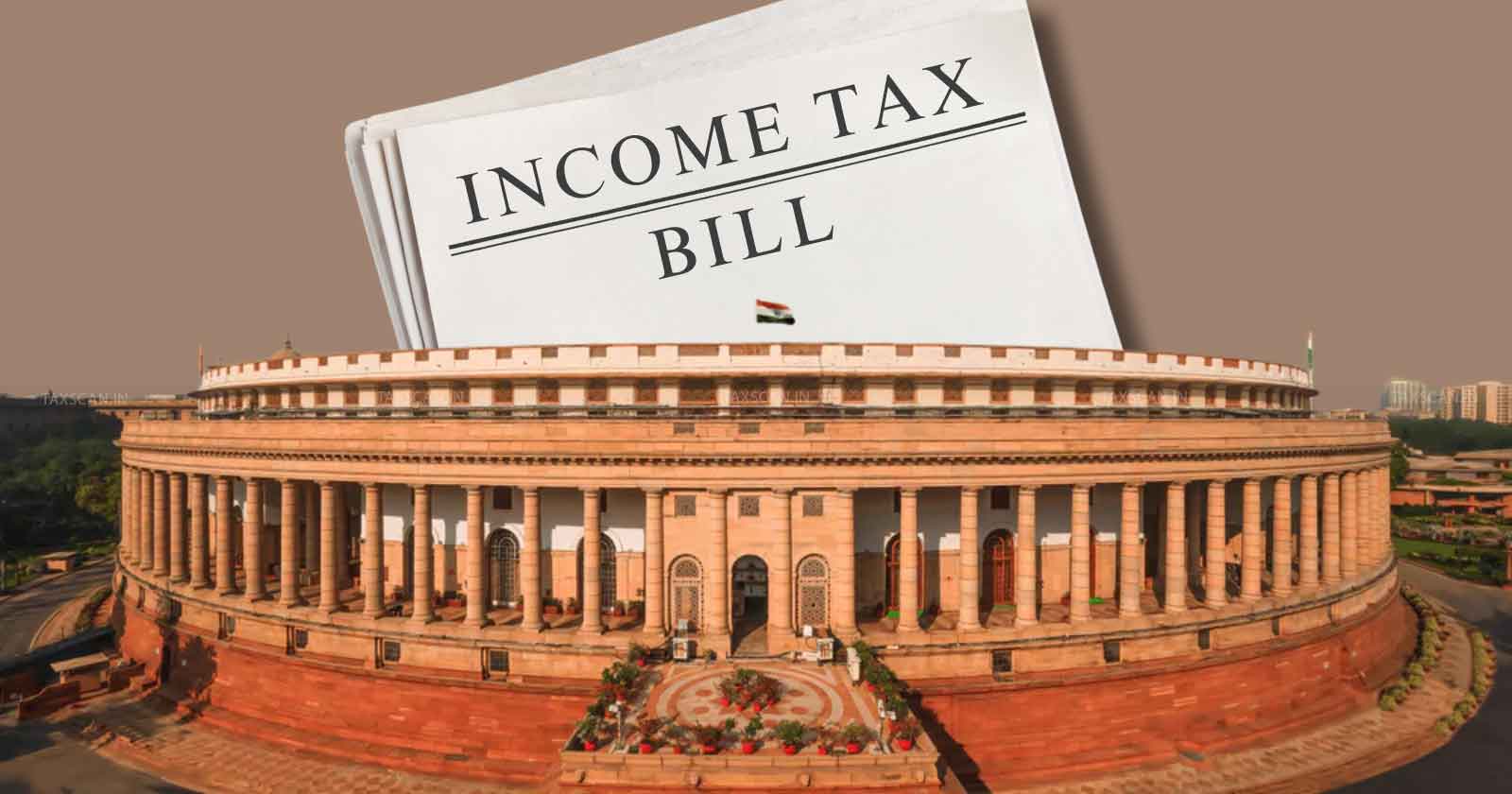Attention ITR Filing Taxpayers, DO NOT click any links; it’s a phishing scam!: Know How to spot and Avoid it
Taxpayers should be constantly vigilant for phishing scams disguised as the Income Tax Department.

The Income Tax Department, through its official Twitter account (X account), has notified the taxpayers to be vigilant on phishing scams. It is stated that “ If you’ve filed your Income Tax Return & received an email stating that there has been an error in calculating your tax and a refund has to be issued, — DO NOT click any links. It’s a phishing scam!”
Taxpayers should be constantly vigilant for phishing scams disguised as the Income Tax Department. The goal of these frauds, which are most prevalent around tax season, is to steal financial and personal data. The email may seem as follows in some cases:
Sender: donotreply@incometaxindiafilling.gov.in (FAKE)
Want a deeper insight into the Income Tax Bill, 2025? Click here
It has been made clear that the Income Tax Department never requests private information via SMS, email, or phone, including passwords, OTPs, or bank account information.
How to Identify a Phishing Scam?
- It is important to note that the Income Tax Department will only use specified domains, including @incometax.gov.in, @tdscpc.gov.in, and @gov.in, for official communications. Any address that are different spelling, a different domain (such as.com,.org, or.net), or a generic appearance should be avoided.
- Phishing emails frequently employ threatening to suspend your PAN, impose severe penalties, or take legal action if you don't take rapid action.
- The Income Tax Department will never ask for your PIN, password, bank account information, or OTPs over the phone, via SMS, or via email.
- Always avoid clicking on any links in dubious emails or texts. Before clicking on a link, always hover over it to view the actual URL. Don't click if it doesn't take you to a verified.gov.in domain.
- Official government correspondence is written by professionals. Spelling mistakes, poor language, and irregular formatting are common in phishing attempts.
- The Income Tax Department is required to include a distinct Document Identification Number (DIN) in all official correspondence. A phony communication can be easily identified by the lack of a DIN.
How to Audit Public Charitable Trusts under the Income Tax Act Click Here
Stay Alert, Stay Safe
- Do not depend solely on emails or notices that you get. To view your dashboard, sign in to your official e-filing portal account at https://www.incometax.gov.in. There, all legitimate notifications and correspondence will be posted.
- Never respond to an unsolicited request by providing personal information such your PAN, Aadhaar, bank account numbers, or OTPs.
- Always use the official Income Tax website (incometax.gov.in) for any tax-related services.
If You Receive a Phishing Message
It is important to report it immediately. Also try not to reply, click on links, or open attachments. Forward the full email or website URL to webmanager@incometax.gov.in. You can also forward a copy to incident@cert-in.org.in, which is a Government of India agency for fighting such threats. If you have been a victim of a cybercrime, you can file an online complaint at https://cybercrime.gov.in.
Source: https://x.com/IncomeTaxIndia/status/1953393641004650802?t=Q4lYwBBfuW4WptJspQ-S5w&s=08
Support our journalism by subscribing to Taxscanpremium. Follow us on Telegram for quick updates



